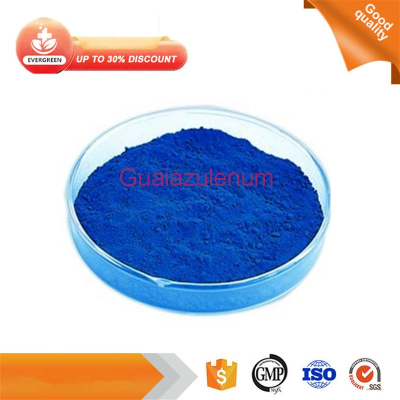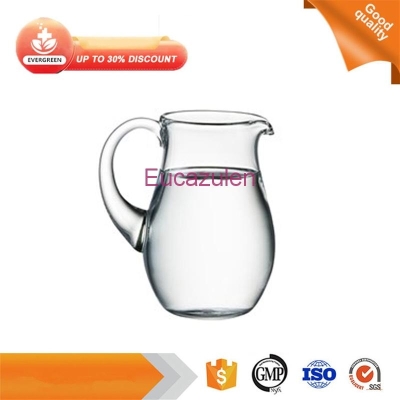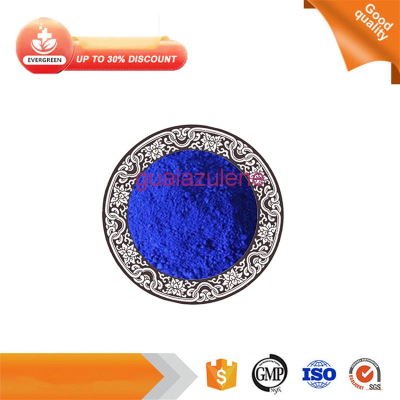-
Categories
-
Pharmaceutical Intermediates
-
Active Pharmaceutical Ingredients
-
Food Additives
- Industrial Coatings
- Agrochemicals
- Dyes and Pigments
- Surfactant
- Flavors and Fragrances
- Chemical Reagents
- Catalyst and Auxiliary
- Natural Products
- Inorganic Chemistry
-
Organic Chemistry
-
Biochemical Engineering
- Analytical Chemistry
- Cosmetic Ingredient
-
Pharmaceutical Intermediates
Promotion
ECHEMI Mall
Wholesale
Weekly Price
Exhibition
News
-
Trade Service
Pathogen infections are common throughout the evolution of humans and other organisms, and in response to this condition, not only has the human immune system successfully evolved to gain innate and adaptive memory of pathogens, promoting faster and stronger host responses to subsequent infections, but also provided a strong barrier to pathogen invasion due to the implantation resistance of the microbial microbiome in the body (the ability to resist the proliferation of pathogens).
the role of plant resistance may be regulated by a variety of mechanisms, it is still unclear.
Recently, a team of researchers from the National Institutes of Health published a study in Cell entitled Input trains for microbiota-enhanced resistance to pathogens, which found that intestinal pathogenic bacterial infections can "train" the host's bile acid metabolism and the increase of taurine in the intestines of its products, which can be catalyticized by bacteria of taurine to inhibit the respiratory action of pathogenic bacteria and enhance the phytosinosis.
study found that wild mice were more resistant to infection than laboratory mice.
, the researchers speculate that regular exposure to pathogens may be beneficial to the microbiome in developing optimal antimicrobial function.
They conducted SPF mice (no specific pathogens), sterile mice transplanted into wild mouse populations (wildR mice) and SPF mice infected with the false TB Yelsen bacteria reduced strain (yopM, which partially expands and induces intestinal inflammation and can be completely removed within a few days of infection) Pneumonia Kpn infection, found that wildR mice and yopM mice showed a significant increase in resistance to Kpn compared to control group SPF mice, and a significant increase in δ-deformation and β-deformation bacteria in the intestinal bacterigroups of yopM and wildR mice.
suggests that previous intestinal infections increase microbial resistance to subsequent infections.
After the infected-trained microbiome enhanced plant resistance, the researchers performed a macro-genome analysis of the genomics of the yopM and wildR mouse populations and found that six of the common functions of the macrogenomes of the two groups of mice were noted to be involved in sulfur metabolism and methoter biosynthesis.
common feature δ-deformed bacteria is the ability to use sulfuric compounds such as taurine or sulfates to obtain energy from anaerobic breathing, where taurine is mainly derived from bile acid.
based on this, the researchers assessed the activity of taurine-acetoneate amino transferase (tpa) and adenosine sulfate transferase (sat), and analyzed changes in metabolites and bile acid levels in the intestines of each group of mice after infection, and found tpa, taurine The abundance of acid and bile acid increased significantly in both the yopM and wildR mice, indicating that pathogenic bacterial infections affected the host's bile acid metabolism, leading to a sustained increase in intestinal taurine, enabling the use of the δ-deformation of taurine to accumulate, resulting in plant resistance.
the hypothesis that elevated taurine promotes plant resistance has also been tested in mice with increased resistance to Kpn and plague citric acid bacteria after transplantation of the fecal virulent swarms treated with taurine.
Taurine-trained bacteriums enhance colonization resistance due to the wide range of metabolic pathways of taurine, and the researchers also assessed the effects of taurine on the ecology of other gut microorganisms and found that taurine supplementation and previous infections enriched members of the gut microbiome with metabolic taurine functions.
infection training enriches the main by-product of taurine metabolism using taurine herds is the toxic gas hydrogen sulfide, which, at high concentrations, inhibits the activity of end-enzyme pigment oxidases in the oxytocin chain on which pathogens grow.
the researchers speculated that taurine could enhance the production of sulphides in the microbiome, thereby inhibiting the oxygen-demanding breathing of pathogens and acting as a plant resistance.
This hypothesis has also been verified by experiments, and it is found that the use of sulphide chelating agent salage acid in mice after the release of sulphides in their gut bacterium significantly reduced, fecal enterococcal, E. coli and other aerobic respiratory bacteria expanded, the composition of the microbiome was disturbed, and Kpn resistance significantly weakened, promoting the invasion of pathogens.
Taurine-derived sulphides inhibit pathogen respiration In short, the study revealed that host infection with non-lethal pathogens can enhance resistance to subsequent infections by increasing the oxygen-rich oxygen-rich respiratory gut microbiome of taurine.
also reminds us that growing up in a certain normal microbial environment is really conducive to the enhancement of resistance!







